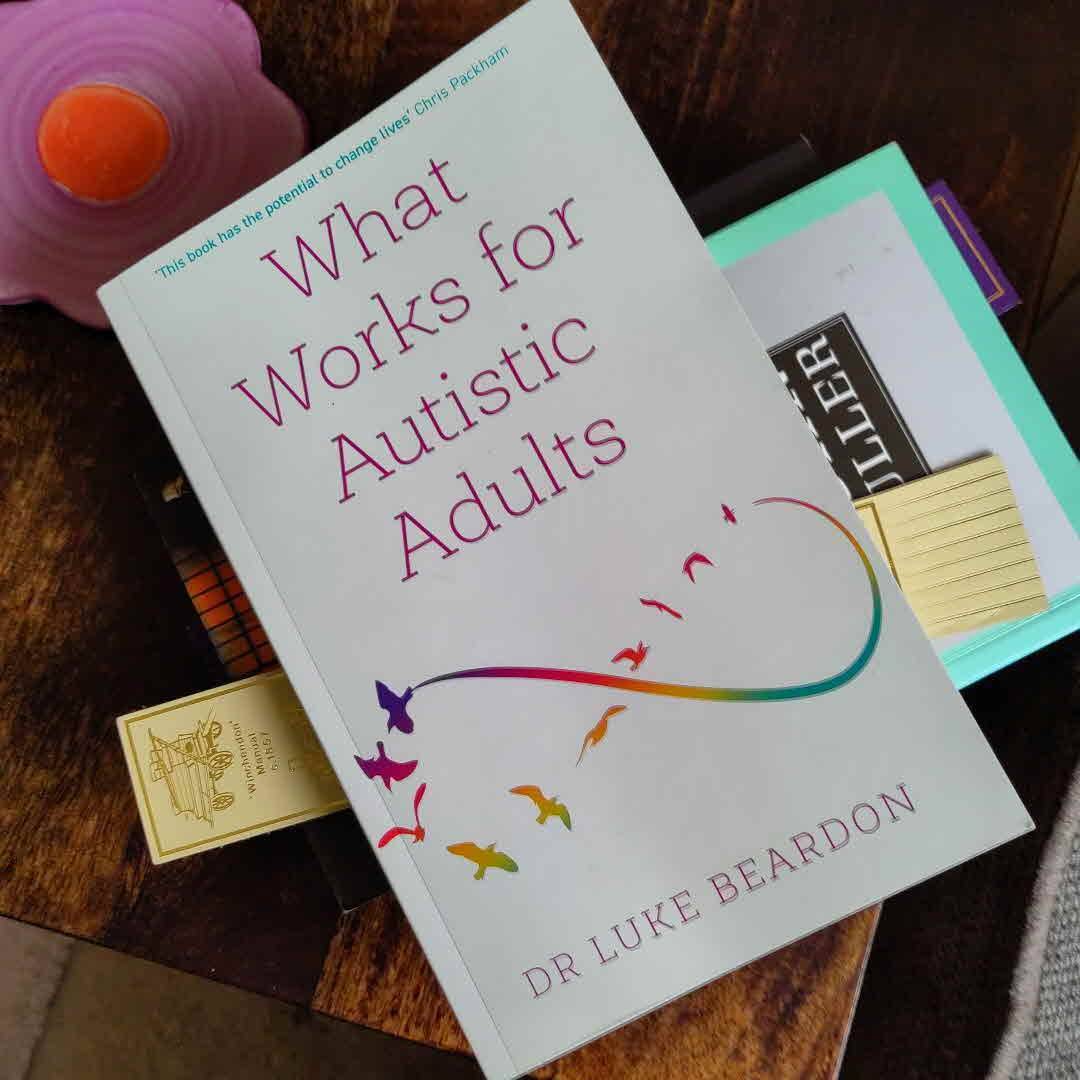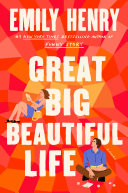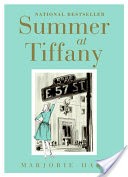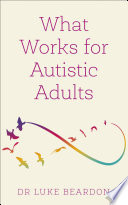
This could be subtitled, "Autism Mythbusters," as that's the focus of the book. It's written in the first person plural (you), addressing the people of the autistic community, which is helpful if you've been socially conditioned to mask and pass as one of the "Predominant Neurotype" (PNT), as it points out the impositions likely to have been put upon you, & towards any internalised ablism you may be suffering with.
It's also helpful, I think, ⬇️





















Reading one section on the difficulties encountered by autistic people navigating the PNT world, I was doubting the validity of my own recent autism self-identification, and helpful Dr. Beardon followed this up with a section on autism imposter ⬇️ 1y
A thoughtful and thought-provoking book, brief and accessible, whetting my appetite for something a bit weightier: I'm open to suggestions if anybody has any 😊 1y